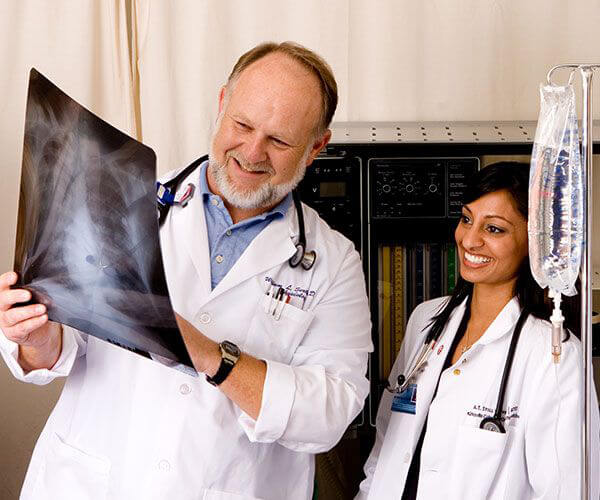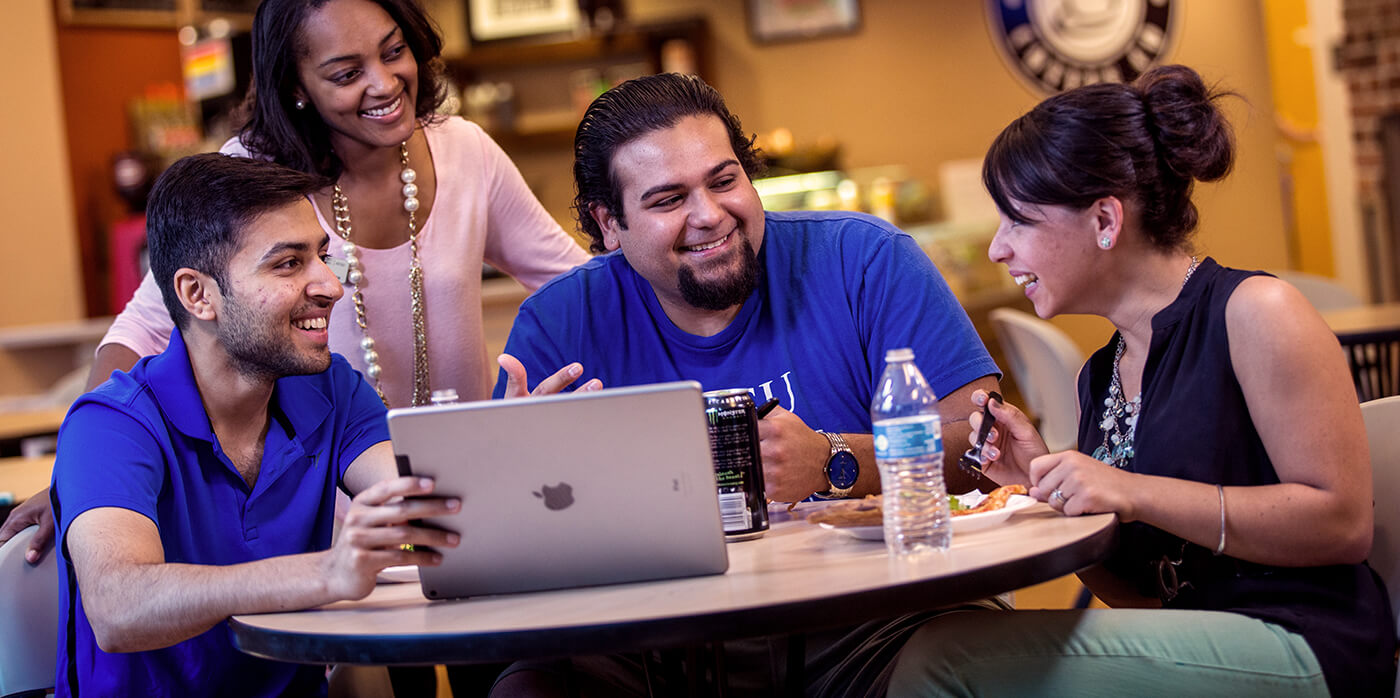Expanding Access to Underserved Communities
Because ATSU believes the greatest challenges in healthcare are related to access, we’re guided by our mission to serve underserved populations. ATSU embodies the selfless application of healing knowledge to influence the altruistic caring and overall health and well-being of others.
At ATSU, teaching our students how to make a difference in the health of the communities they lead includes growing their compassion for the underserved. In the real world of caring for our communities, our mission and vision propel graduates to become the next generation of compassionate healthcare professionals who focus on whole person healthcare and serve the healthcare needs of our entire community. Body, mind, and spirit. There are many definitions of the underserved reflecting the wide range of populations we must address to truly care for the communities we serve:
- Patients who do not physically fit into standardized care environments.
- Children and adults with disabilities or autism spectrum disorder met with trepidation by some providers because of the potential for disruption.
- Heart patients who have been prescribed blood thinners and cannot find dentists to provide care because of the added liability for potential excessive bleeding.
- Seniors who are faced with mobility or cognitive challenges.
- Those who need care but have limited access resulting from distance or insurance barriers.
- Patients who cannot otherwise get the care they need because of cultural, geographic, and/or language barriers.
Founding School of Osteopathic Medicine
When A.T. Still University’s Kirksville College of Osteopathic Medicine (ATSU-KCOM) was founded in 1892 by Andrew Taylor Still, DO, it became the first institution of osteopathic education in the world. Today, ATSU-KCOM continues to lead in comprehensive medical education, research, and healthcare.
Accommodating the increasing demands of 21st-century medical education, the ATSU-KCOM campus has grown over its more than 100-year history to include a state-of-the-art human patient simulation lab, ultrasound lab, study rooms for standardized patient encounters, classrooms, and labs. The campus is also home to ATSU’s Gutensohn Clinic, Museum of Osteopathic Medicine, A.T. Still Memorial Library, Missouri Area Health Education Center program office, and A.T. Still Research Institute. Also on the campus grounds are on-campus housing, the Thompson Campus Center, Northeast Regional Medical Center, and the George Rea Cancer Treatment Center.
ATSU-KCOM alumni practice in every U.S. state and several foreign countries. They represent a diverse group of osteopathic physicians spanning all medical specialties and sub-specialties.

